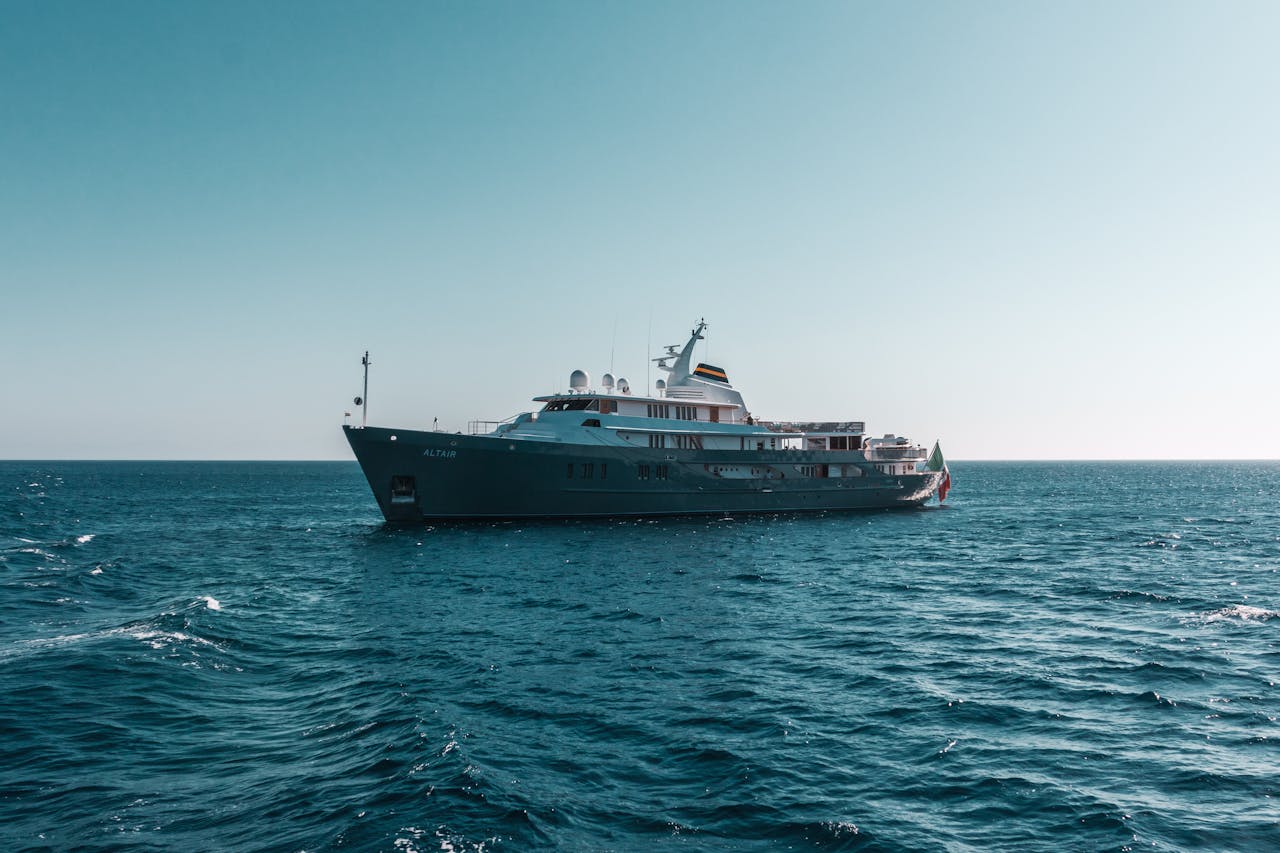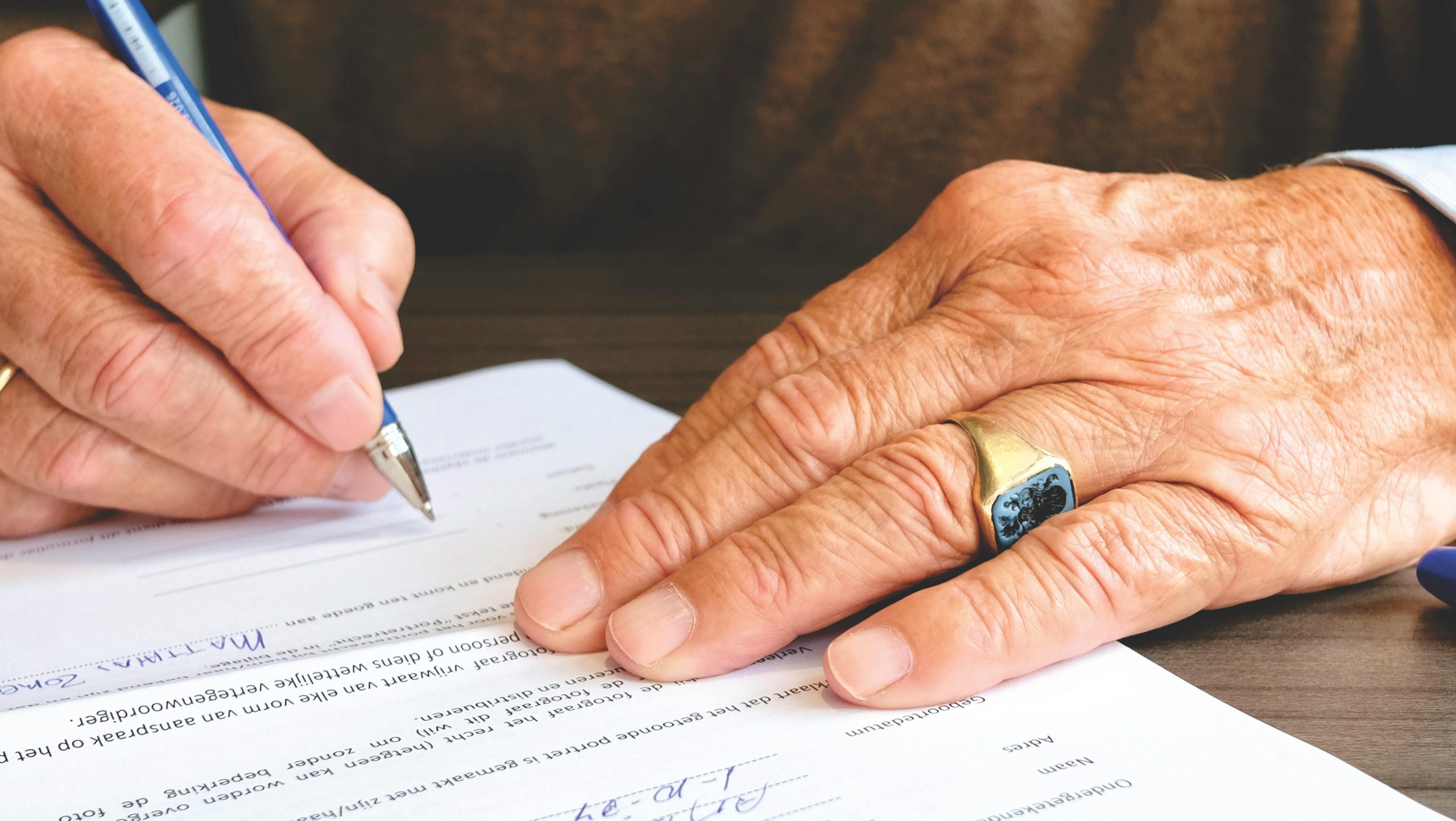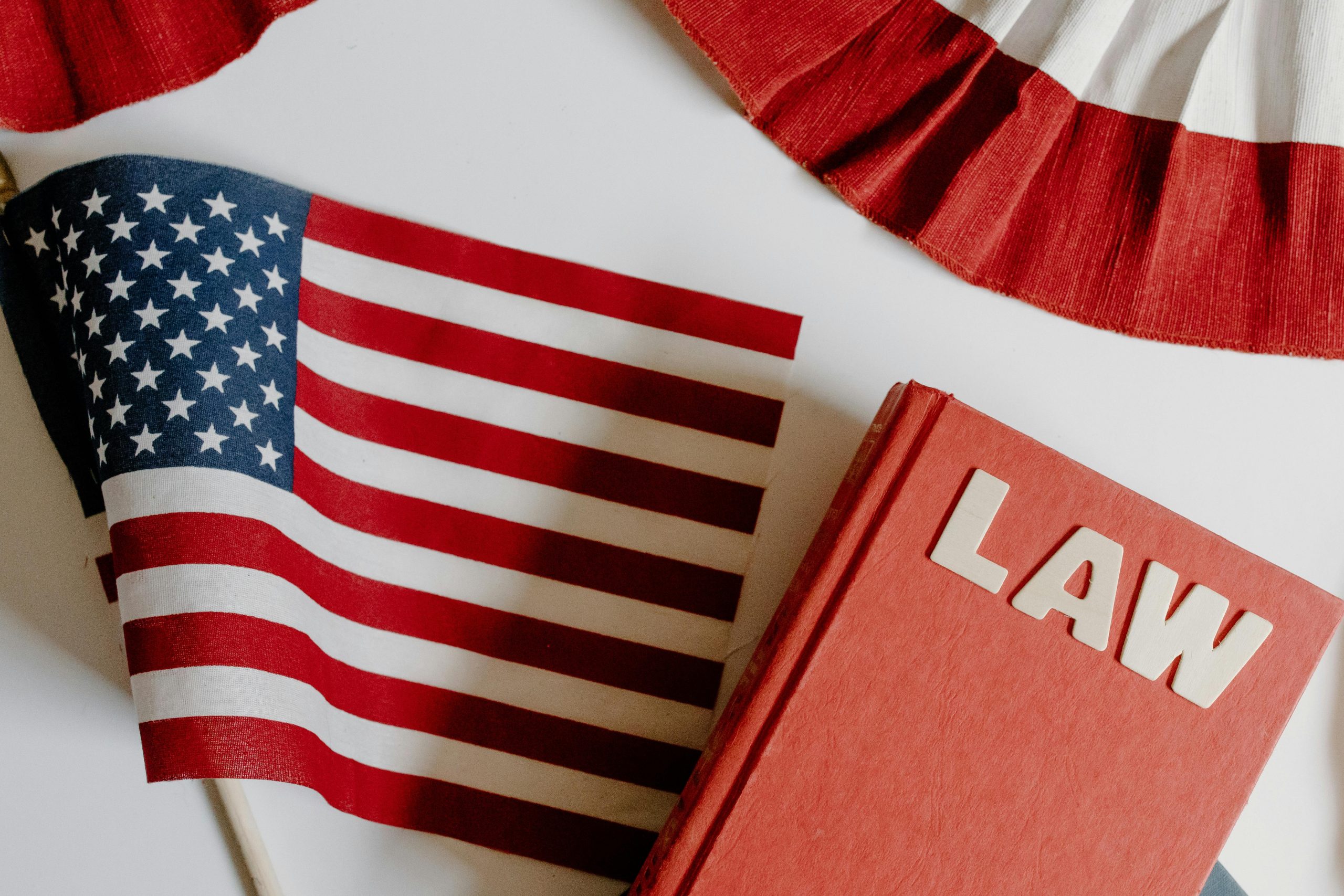Key Takeaways
- Understanding laws that protect seafarers and ensure maritime safety is crucial for anyone involved in maritime industries.
- The Jones Act plays a significant role in the U.S. for protecting maritime workers and ensuring they are treated fairly.
- Information on maritime safety includes best practices, regulatory requirements, and real-life examples to provide a comprehensive understanding.
Table of Contents
- Introduction to Maritime Laws
- The Role of the Jones Act
- Maritime Workers’ Rights and Protections
- Statistics on Maritime Accidents
- Best Practices for Maritime Safety
- How to Seek Help if Needed
- Conclusion and Final Thoughts
Introduction to Maritime Laws
Maritime laws are a set of regulations and conventions aimed at governing activities and resolving disputes that occur at sea. These laws play a vital role in ensuring the safety, rights, and well-being of individuals working in maritime industries. These laws are necessary for maritime operations to be uniform, leading to potential chaos and safety risks. Understanding maritime laws is crucial for anyone involved in the maritime sector, be it for employment, investment, or even tourism. If you find yourself needing specialized legal assistance, a Jones Act litigation attorney Houston, TX, can provide valuable support. Maritime laws are not just limited to national borders; they extend to international waters, where international maritime organizations come into play. These organizations ensure that there is a standard followed globally, which significantly benefits international trade and travel. By having a comprehensive understanding of these laws, maritime professionals can navigate their careers more effectively while ensuring their safety and rights are upheld.
The Role of the Jones Act
The Jones Act, established in 1920, is a crucial legislation for maritime workers in the United States. It provides protections and rights for seafarers who suffer injuries while on the job, including compensation for medical bills, lost wages, and damages. The act also ensures employers are held accountable for maintaining safe working conditions and fosters a safer and fairer working environment. The Jones Act also plays a pivotal role in regulating maritime commerce, dictating that goods transported between U.S. ports must be carried on U.S.-built, owned, and operated ships, making it a cornerstone of maritime law in the U.S.
Maritime Workers’ Rights and Protections
Maritime workers are afforded a variety of rights and protections under both national and international laws. These rights are designed to ensure fair treatment, proper compensation, and safe working environments for workers. Key areas covered by these protections include working hours, living conditions on vessels, and access to medical care. For instance, the International Maritime Organization (IMO) sets regulations that its member countries must adhere to, thereby establishing a standard that ensures maritime workers are treated fairly across the globe.
These rights and protections are not just theoretically beneficial; they have real-world implications for the everyday lives of maritime workers. For example, the Maritime Labour Convention (MLC) ensures that workers have decent living conditions on board ships, a crucial aspect for those who spend extended periods at sea. Knowing these rights can empower workers to speak up when conditions are subpar, thereby fostering a safer and more equitable work environment.
Statistics on Maritime Accidents
The maritime industry faces numerous accidents annually, with thousands reported by the International Maritime Organization. These accidents, ranging from minor incidents to catastrophic physical events, can impact not only the crew but also entire communities. The National Transportat on Safety Board’s data underscores the need for continuous safety improvements. Efforts to improve maritime safety include technological advancements, improved training programs, and enhanced regulatory frameworks. By understanding risks and statistics, maritime professionals can take proactive steps to mitigate dangers and create a safer working environment.
Best Practices for Maritime Safety
Maritime safety best practices include regular safety drills, proper training, maintenance checks, and health monitoring. These drills prepare crews for real-life situations like fire outbreaks, man-overboard situations, and medical emergencies. Comprehensive training programs should cover technical skills, safety protocols, and emergency responses. Well-trained crew members are more likely to act quickly and appropriately in crises. Regular inspection and maintenance of vessel equipment can prevent accidents before they occur. Regular health checks can identify potential issues before they become critical, ensuring crew fitness and capability. By following these best practices, maritime operations can significantly reduce accident risks and create a safer working environment. Implementing these practices requires commitment from both the company and individual workers, benefiting the entire operation.
How to Seek Help if Needed
In the unfortunate event of an accident or injury at sea, maritime workers should be well-informed about their rights and the resources available to them. Organizations like SeafarerHelp and the SOS Foundation offer support services that include legal advice and emergency assistance. These organizations provide a lifeline for maritime workers who may find themselves in distressing situations far from home.
Additionally, understanding maritime laws and knowing how to contact a maritime injury attorney can be invaluable in navigating these complex situations. Legal expertise can make a significant difference in securing the compensation and support that injured workers are entitled to. Knowing where to turn for help can provide peace of mind for maritime workers and their families. Whether it’s legal aid, medical assistance, or emotional support, having a plan in place can make all the difference in a crisis.
Conclusion and Final Thoughts
Maritime safety and seafaring rights are fundamental aspects of the maritime industry. From understanding the role of laws like the Jones Act to implementing best practices for safety, staying informed and proactive can make a significant difference. By prioritizing the well-being and rights of maritime workers, we can foster a safer, more just industry for all. The maritime industry is a vital part of global trade and travel, and the safety of its workers is paramount. By adhering to laws, following best practices, and seeking help when needed, we can create a maritime environment that is not only productive but also safe and fair for everyone involved.




